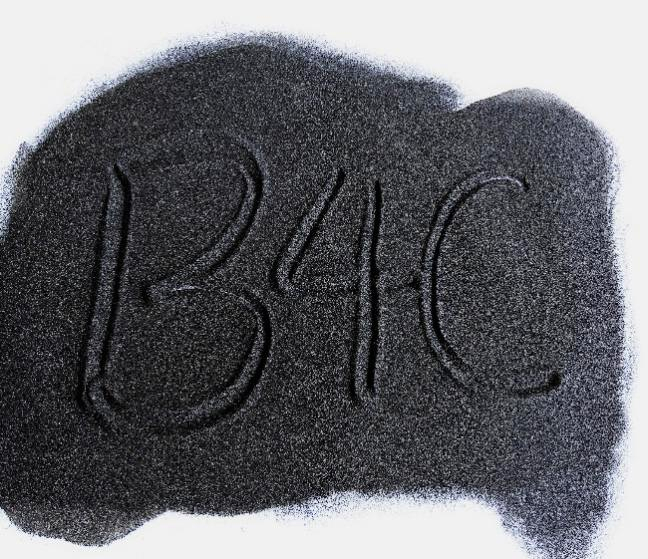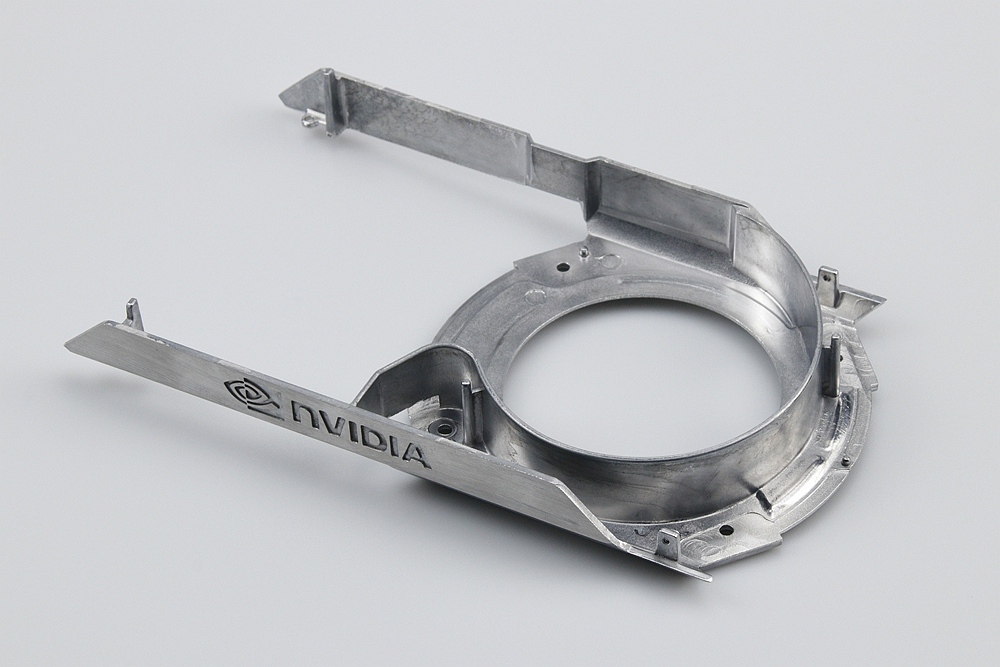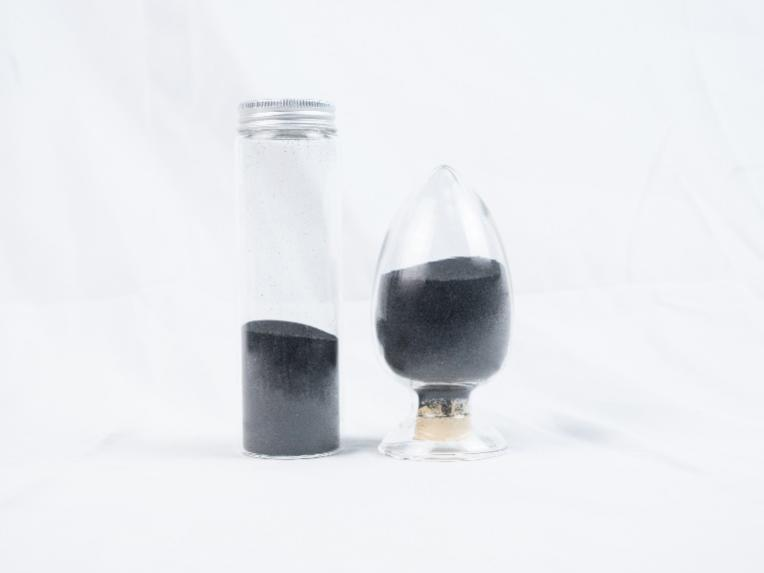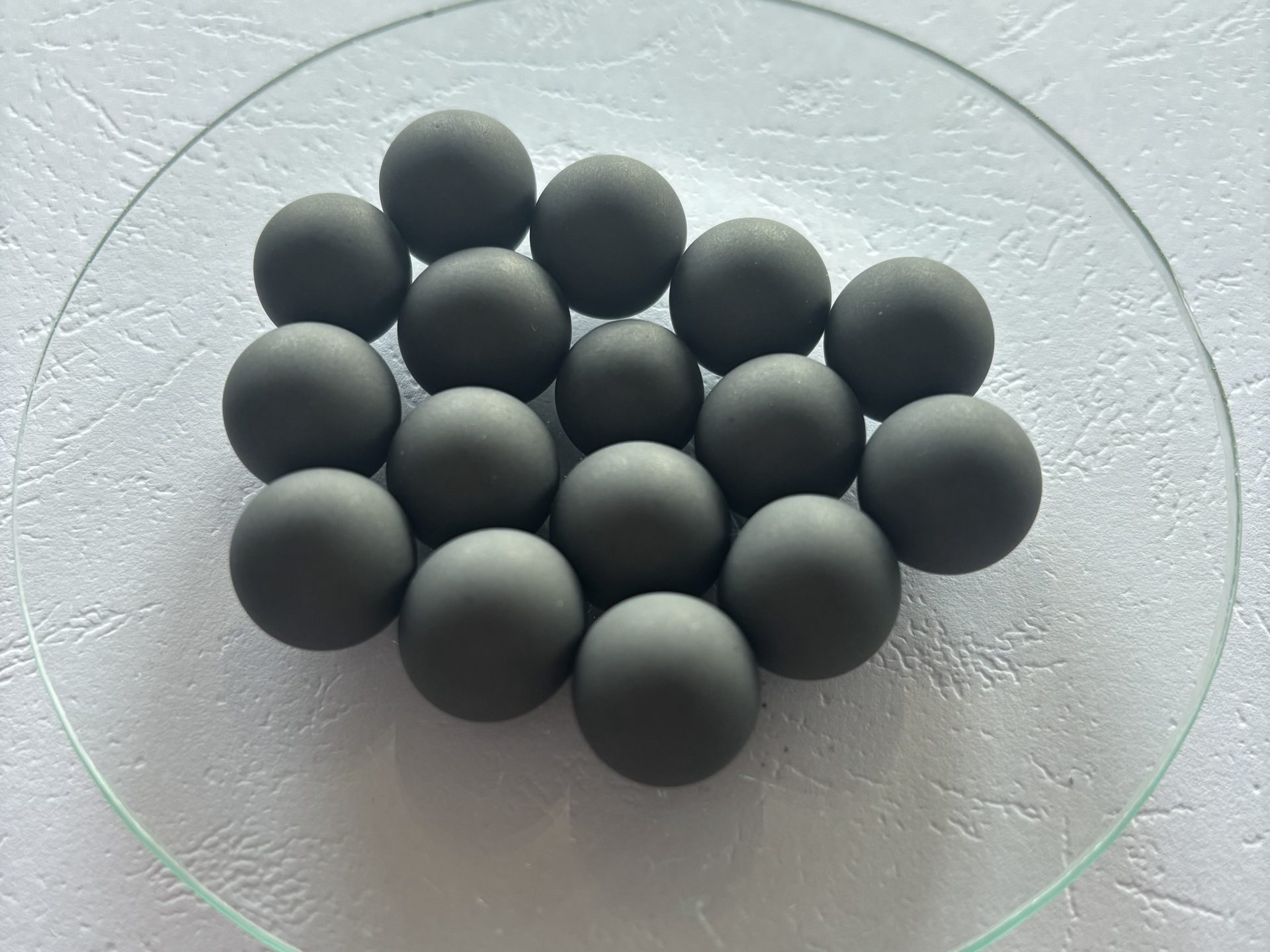Nuclear-Grade Boron Carbide: A Guide to ASTM C751, C750, and ANSI/ANS 6.4.2 Standards
Introduction to Nuclear-Grade Boron Carbide Standards
In the design and manufacturing of neutron-absorbing components for nuclear systems, boron carbide (B4C) is a primary material of choice due to its high boron-10 (¹⁰B) content and excellent neutron attenuation properties. Adhering to international standards such as ASTM C751, ASTM C750, and ANSI/ANS 6.4.2 is critical to ensure performance and safety in nuclear shielding and control systems.
Overview of Key Standards
ASTM C750 – Specification for Nuclear Grade Boron Carbide Powder
ASTM C750 provides the general requirements for boron carbide powder intended for nuclear applications. It defines acceptable levels of impurities, isotopic enrichment of boron-10, and particle size distribution. Powders must typically exhibit a boron-10 enrichment above 85% for advanced neutron shielding.
ASTM C751 – Specification for Neutron Absorber Material
ASTM C751 covers requirements for sintered or hot-pressed boron carbide components. The standard outlines physical and mechanical properties such as density, porosity, compressive strength, and dimensional tolerances. It ensures the final ceramic products meet the mechanical integrity needed for prolonged nuclear exposure.
ANSI/ANS 6.4.2 – Design Guide for Shielding Materials
ANSI/ANS 6.4.2 offers comprehensive guidance on the use of B4C in nuclear shielding designs. It includes neutron attenuation coefficients, thermal management considerations, and recommended geometrical configurations for neutron control rods and shielding blocks. This guide is essential for engineers developing reactor core components and transport casks.
Applications of High-Purity B4C in Nuclear Systems
Boron carbide components manufactured according to these standards are widely used in nuclear reactors, spent fuel storage, and transport containers. Our plant specializes in pressureless sintering and hot pressing to produce dense B4C shielding blocks and absorber pellets that comply with ASTM and ANSI standards. These are applied in control rods, shielding panels, and critical safety systems for both civilian and research reactors.
Material and Process Capabilities
As a dedicated ceramic injection molding (CIM) and powder compression molding (PCM) manufacturer, we deliver custom nuclear-grade boron carbide components with tight dimensional tolerances and repeatable quality. Our B4C powder selection aligns with ASTM C750 boron carbide materials, and our molding processes support both complex geometries and bulk shielding blocks.
Processing Capabilities:
B4C content above 98%
¹⁰B enrichment exceeding 90%
Hot-pressing and sintering to >98% theoretical density
Custom dimensions for shielding blocks, rods, and inserts
We maintain quality traceability and offer complete material certification for nuclear-grade use.
Surface and Post-Processing Options
After forming and sintering, surface finishes may be applied to meet application-specific requirements. Options include precision polishing for smoother interfaces or passivation for improved surface chemistry in corrosive environments.
Compliance, Testing, and Certification
Every batch of nuclear-grade B4C is subject to:
Isotopic analysis (ICP-MS or SIMS)
Bulk density testing (Archimedes method)
Mechanical property verification (ASTM C1424)
Neutron attenuation simulation and validation
We support customers with documentation packages including compliance to ASTM C751, C750, and ANSI/ANS 6.4.2.
Client-Centric Engineering Support
Our team provides co-design services to help nuclear system developers integrate custom ceramic components into their reactors, containers, or fuel-handling systems. From powder selection to finished part inspection, we deliver complete support for high-reliability nuclear applications.
FAQs
What is the minimum acceptable boron-10 enrichment level in nuclear-grade B4C?
How do hot-pressed and pressureless sintered B4C parts differ in performance?
What testing protocols ensure compliance with ASTM C751 and ANSI/ANS 6.4.2?
Can B4C components be customized for different neutron flux environments?
How is dimensional accuracy controlled in complex B4C ceramic parts?




